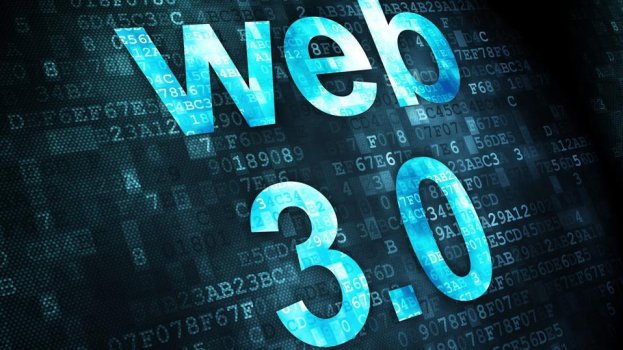Web3 technology is gaining traction — and in many ways, it is leading the charge of political and economic revolution. Many leaders and innovators are taking up the challenge of finding ways to use Web3 technologies to make the world a better place.
I recently spoke with Jeff Wong, Chief Innovation Officer for EY, a multinational professional services company headquartered in London. We discussed his predictions about the ways Web3 will change how businesses operate and the way we work.
What Exactly Is Web3?
Wong and I started our conversation by discussing the definition of Web3. He said:
“When I talk about Web3, I like to start with the architecture of it, which is built upon the basics of blockchain. Blockchain is an immutable database that allows you to hold, store, and trade value, and pay for the assets that you're trading without a central authority. It allows for all the things that you see today…you see the exchange of value through cryptocurrency, you see the exchange of the value of NFT. So I can hold an NFT, I can trade an NFT, and I can get paid for that NFT without a central authority — all because of the blockchain. It’s an entirely different theory of how you hold property and exchange property.”
So how has our journey to Web3 evolved? During the Web 1.0 era, it was expensive to have a website, and only the big companies who could afford to build and support large servers could get sites up and running. Then Web 2.0 technologies cropped up, and companies and individuals could harness cloud architecture and cheaper hardware. Very quickly, website services became much cheaper, and it was possible to launch a site for a few hundred dollars, without needing to learn how to code.
Web3 represents an even bigger step away from both of these phases because it turns the idea of centralized control on its head. Wong uses the example of a new streaming service that might be set up using a Web3 architecture. He says:
Continue reading: https://www.forbes.com/sites/bernardmarr/2022/10/05/what-is-the-business-impact-of-web3/?sh=a2e235279b2a
I recently spoke with Jeff Wong, Chief Innovation Officer for EY, a multinational professional services company headquartered in London. We discussed his predictions about the ways Web3 will change how businesses operate and the way we work.
What Exactly Is Web3?
Wong and I started our conversation by discussing the definition of Web3. He said:
“When I talk about Web3, I like to start with the architecture of it, which is built upon the basics of blockchain. Blockchain is an immutable database that allows you to hold, store, and trade value, and pay for the assets that you're trading without a central authority. It allows for all the things that you see today…you see the exchange of value through cryptocurrency, you see the exchange of the value of NFT. So I can hold an NFT, I can trade an NFT, and I can get paid for that NFT without a central authority — all because of the blockchain. It’s an entirely different theory of how you hold property and exchange property.”
So how has our journey to Web3 evolved? During the Web 1.0 era, it was expensive to have a website, and only the big companies who could afford to build and support large servers could get sites up and running. Then Web 2.0 technologies cropped up, and companies and individuals could harness cloud architecture and cheaper hardware. Very quickly, website services became much cheaper, and it was possible to launch a site for a few hundred dollars, without needing to learn how to code.
Web3 represents an even bigger step away from both of these phases because it turns the idea of centralized control on its head. Wong uses the example of a new streaming service that might be set up using a Web3 architecture. He says:
Continue reading: https://www.forbes.com/sites/bernardmarr/2022/10/05/what-is-the-business-impact-of-web3/?sh=a2e235279b2a

